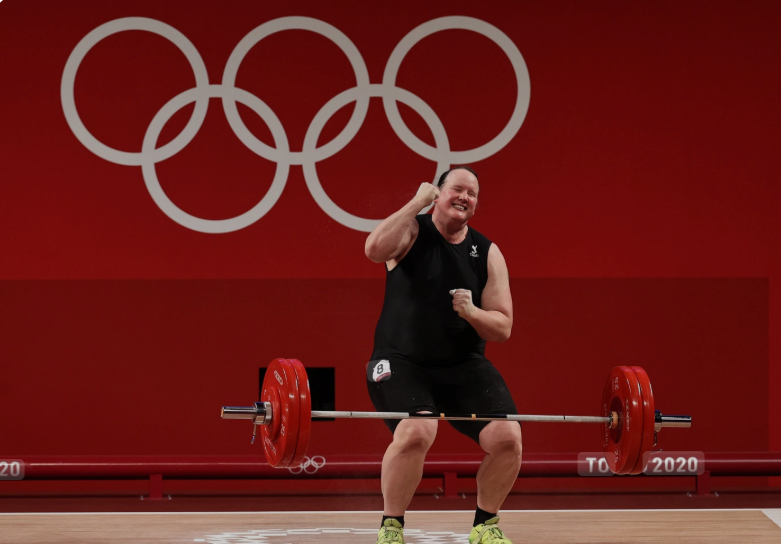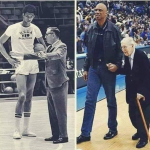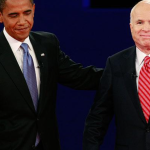🏅🌍 IOC Reviews Rules for Transgender Athletes: Navigating Fairness, Inclusion, and the Future of Sport ⚖️✨

The International Olympic Committee (IOC) is once again at the center of a global conversation about fairness, inclusion, and the evolving landscape of competitive sport. As the world watches, the IOC is reviewing its policies concerning transgender athletes, seeking to create a comprehensive, evidence-based framework for gender eligibility across all Olympic disciplines. 🌐⚖️
This effort is being led by a dedicated working group headed by IOC member Kirsty Coventry, which has been studying a complex web of scientific, social, and ethical considerations. The group is examining everything from hormonal impact and physiological changes associated with male puberty to the lived experiences of transgender athletes who strive to compete at the highest levels. 🧪✨ One of the central challenges is balancing fairness for cisgender female athletes, who may face inherent physiological differences, with the rights of transgender athletes to participate openly and safely. Media reports suggest the IOC may consider eligibility restrictions for transgender women who have undergone male puberty, though these discussions remain preliminary, and no final policy has been issued. ❌
One of the central challenges is balancing fairness for cisgender female athletes, who may face inherent physiological differences, with the rights of transgender athletes to participate openly and safely. Media reports suggest the IOC may consider eligibility restrictions for transgender women who have undergone male puberty, though these discussions remain preliminary, and no final policy has been issued. ❌
Currently, each international sports federation sets its own rules, resulting in a patchwork of standards across disciplines — from swimming and athletics to weightlifting and team sports. This situation underscores the urgency for a global, consistent policy that respects scientific evidence while upholding the principles of inclusion, dignity, and human rights. 🌈💪
Experts note that crafting such a policy is inherently difficult. “Sports are meant to celebrate human excellence and effort,” says Dr. Elena Martinez, a sports physiologist. “But ensuring that competition is equitable for all participants requires careful attention to science, fairness, and ethics.” ⚡📊 Athletes themselves are watching closely. For many transgender athletes, inclusion at the Olympic level is not just a personal goal — it is a statement about visibility, acceptance, and identity. For cisgender female athletes, maintaining fair competition is equally vital, ensuring that their opportunities and achievements are not compromised. 🏃♀️🏋️♂️
Athletes themselves are watching closely. For many transgender athletes, inclusion at the Olympic level is not just a personal goal — it is a statement about visibility, acceptance, and identity. For cisgender female athletes, maintaining fair competition is equally vital, ensuring that their opportunities and achievements are not compromised. 🏃♀️🏋️♂️
As the IOC continues its review, the conversation goes far beyond the Olympics. It touches global sports culture, youth athletics, and even grassroots competitions, raising profound questions:
-
How do we define fairness in sports when biology and identity intersect?
-
How can inclusion coexist with equity at the highest levels of competition?
-
And what legacy will today’s policies leave for the next generation of athletes? 🌍💡
The stakes are high, the emotions intense, and the world is watching. In navigating this complex landscape, the IOC is attempting to do more than create rules — it is shaping the future of sport itself, a future where excellence, fairness, and humanity can coexist. 🌟











